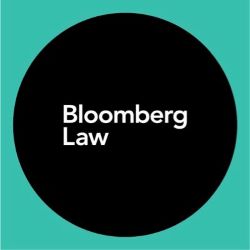There is a long and growing list of generative AI chatbots that might be relevant to our students. ChatGPT, Bard, and Bing are among the best-known AI chatbots, but they are not the only ones. Lexis+, Westlaw, and Bloomberg all feature chatbots that leverage large language generative AI to answer specific legal questions.
Right now, the dataset that generic GAI systems use does not have special access to legal documents. However, the model can still produce answers to questions about legal issues through information found in various legal blogs and Google Scholar (which houses almost every reported case).
Training these programs takes enormous computing power, and they are not searching the Internet in real time for the most part. ChatGPT says that its information is valid as of September 2021. Other programs use search engines in addition to their large language models to provide more updated information.
ChatGPT
To use ChatGPT, you must create an account with OpenAI. The free account lets you use GPT-3. The most advanced version is available via subscription. ChatGPT is trained on an enormous corpus of data, including basically all of Wikipedia and Reddit and millions of other websites. However, the dataset by which the AI was trained cuts off at September 2021, so be cautious when dealing with contemporary research.
Law-specific

Bloomberg
Lexis + AI
Lexis+ has developed a specialized AI chatbot that will function like ChatGPT. The key difference is that it is trained on the materials that is behind Lexis’s paywall.
Westlaw
Faculty and students received access to Westlaw's AI system, CoCounsel, in January 2025.
